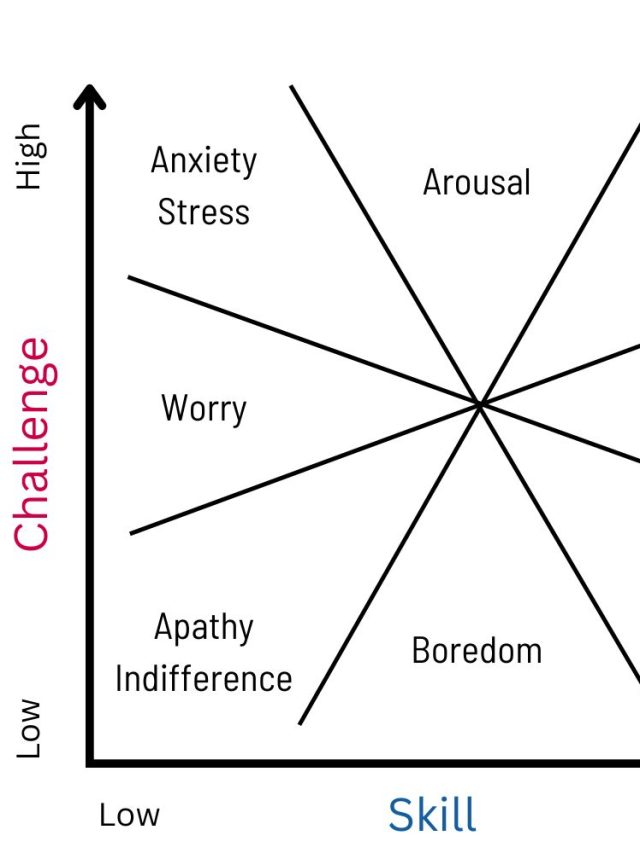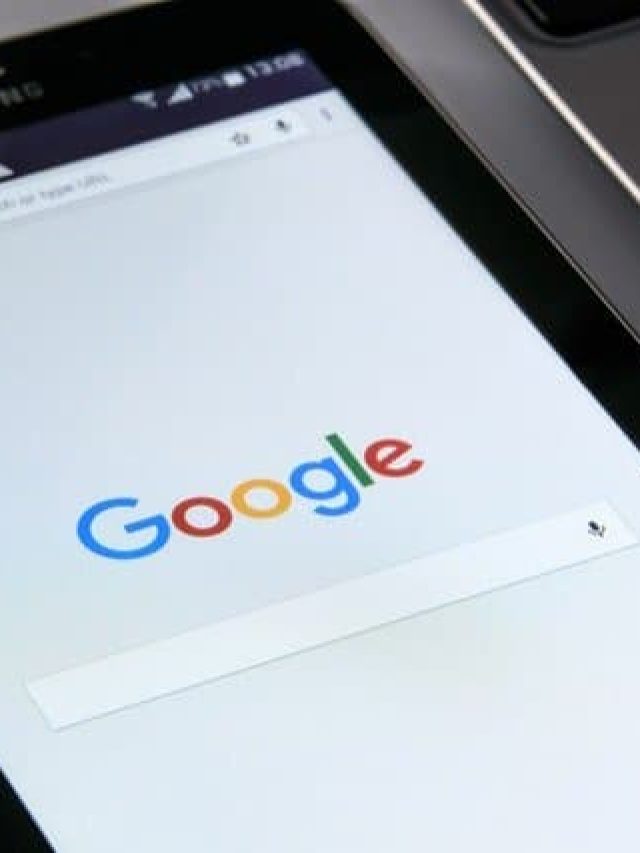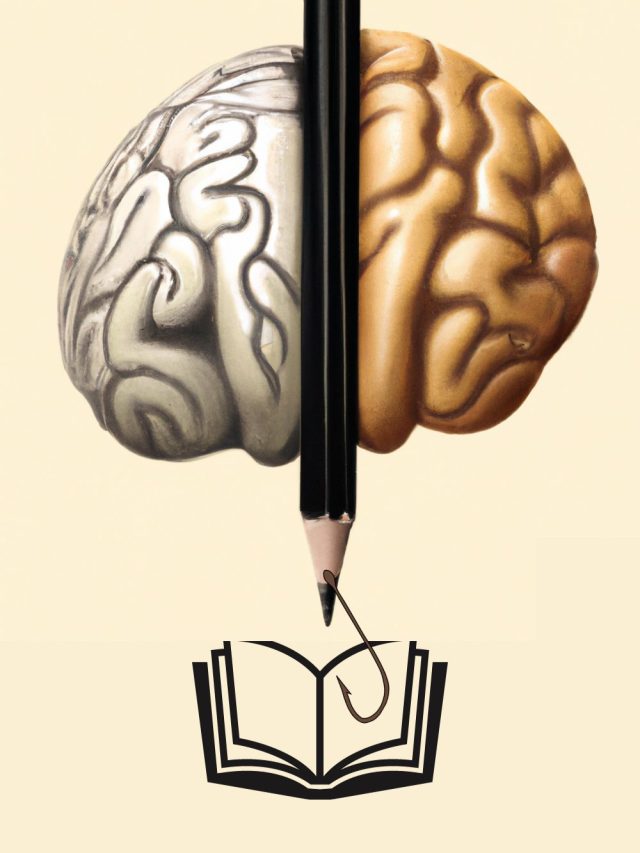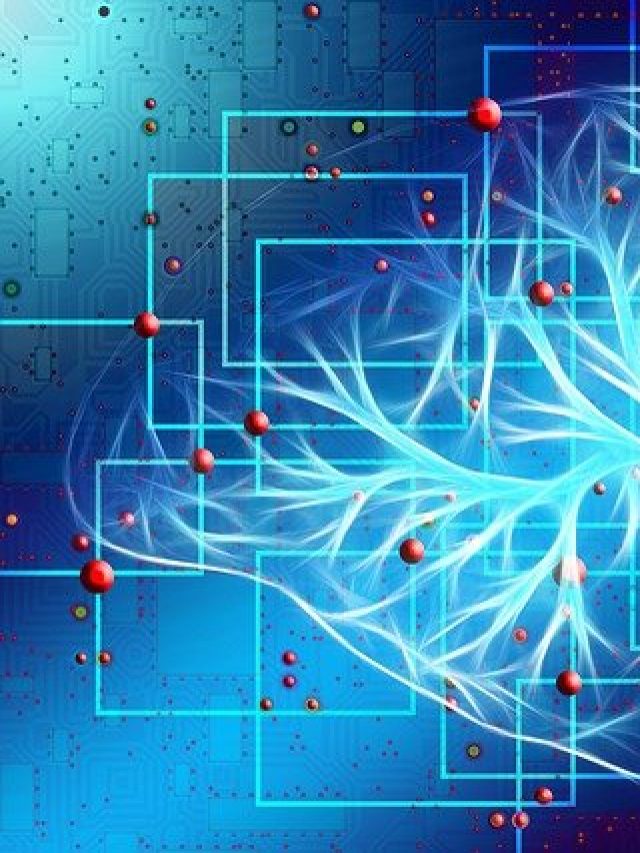We see memory as something inside the brain – our ability to remember and know things. However, there is a lot more to memory than what happens in our brains. A relatively underappreciated phenomenon is transactive memory, and by extension, The Google Effect.
Ask any romantic couple and they’ll probably know what their partner might know. When we network with people, we gain some insight into what others know even if we don’t know it. We recommend doctors, experts, and friends to others with the hope that they have answers/solutions even when we don’t have them. This social, peer-to-peer understanding of who knows what is called Transactive Memory.
In the broadest sense, transactive memory is an external form of memory stored at the collective-social level which members of a social group can access. Learning through discussions and collaboration, knowing other people’s expertise, and knowing what others might know are examples of transactive memory processes.
What makes Transactive Memory more interesting is that we may have a memory-relationship with Google and other informational websites. Research (explained below) suggests that people remember where to find information and have a poor memory for information that can be easily accessed.
The Google Effect: People quickly forget information that is easily found on the internet. They also remember where & how that information is found better than what the information is.
Researchers Betsy Sparrow, Jenny Liu, and Daniel M. Wegner conducted 4 studies in 2011[1] which concluded that humans tend to think of computers as transactive partners who have the information they need. When people need information in the future, they have a better idea of where to find it than actually know details about the information. They say, “The Internet has become a primary form of external or transactive memory, where information is stored collectively outside ourselves.”
Sparrow and colleagues argue – in situations where people need answers to difficult questions, they first think of computers. People build an informational partnership with the internet. They propose that we think of computers when we think of knowledge in general. So when we think of difficult questions like “which flag has only one color?” we think of computers and not try to recall all the flags we know about.
In their first experiment on 46 undergraduates, participants were asked 16 easy and 16 hard trivia questions with a modified Stroop test after each set of questions. This test measures how quickly people react after making simple decisions. In their version, participants were shown two types of words in 2 colors: computer-related words (google, yahoo, browser, screen, etc.) in red or blue & neutral words (chair, piano, Nike, Coca-cola, etc.) in red or blue. For each presentation of the word, participants were asked to press a button matching red/blue as quickly as they could.
They expected reaction time to press the correct button would be much slower for computer-related words than neutral words, and that’s what they found. This finding highlights how computer-related words are primed (activated in the brain) before answering difficult questions and that activation interferes with the decision to press the correct button. This interference slows down the reaction times. They found that reaction times were much slower (up to 300ms) after difficult questions than easy questions as well as for the words Google & Yahoo than Nike & Target. They explain this finding as an effect of how the need to search for answers activates computer-related knowledge structures – Google search, Wikipedia, r/Askscience, social media groups, etc.
The confidence & trust that lots of information is accessible via computers affects memory too. The off-loading of memory because it can be looked-up again can compromise recall. In experiment 2 on 80 undergraduates, computers displayed 40 trivia statements and researchers asked them to read those statements and then type them. To analyze the effect of having access to information, researchers created 4 groups based on 4 instructions – (1) delete everything typed, (2) delete and remember what you typed, (3) save what you typed, and (4) save and remember what you typed.
They were then asked to recall as many as they could. After that, they were shown the 40 statements (half were slightly modified) and asked to recognize if they saw those previously. Participants who had access to the trivia information (saved) were not motivated to remember the trivia. Those who believed they erased the trivia after typing remembered the trivia better. They did not find any difference in memory based on the instruction to remember. Participants also valued access to trivia more than the trivia itself.
An important aspect of checking information online is knowing where to find it. Researchers tested this aspect in experiment 3 by asking 28 participants to read 30 trivia statements which they had to type under 3 new conditions. These conditions were created by a computer message prompt which appeared after typing – (1) information is now erased, (2) information is saved in a folder (one of 5 named folders and 1 generic folder), and (3) information is now saved. Like in experiment 2, researchers asked participants to recognize if they had seen the statements before.
Their results showed that participants were most accurate in recognizing information which they believed was deleted by the computer. Recognition for erased trivia was better than recognition for information saved in the generic folder as well as the specific category folders (facts, data, names, info, items). When participants were asked if the trivia was saved or erased (one statement at a time), they were more accurate in determining what was saved (general & specific folders) than they were for information that was erased.
In their final experiment, researchers asked 32 participants to perform a similar task as in experiment three with a larger focus on the what and where of information they had access too. After they typed each of the 30 statements, the computer prompted saying it was saved in one of 6 folders. The unique part of this experiment was to tease out the difference in memory for the location (folder) of the information and the information itself. To closely mimic online information hunting, participants were never explicitly told where the information was stored apart from the one time they were prompted by the computer. Results showed that people were better at remembering the location of the information than the information itself.
Participants were particularly good at recalling nothing, which also mimics online behavior where people search, feel satisfied that they found an answer, and then forget it ever happened – only to do the exact same thing again, later in life. Another interesting aspect of this finding is that people were least accurate in remembering what the information was without knowing it’s location. This aligns with people trusting brands and authority sources for information/answers without really knowing the content that matters.
These 4 experiments highlight a few significant tendencies in how people remember information.
- People think of computers to fill in their gaps in knowledge and knowledge-related networks in the brain activate the concept of computers (Experiment 1)
- People forget information which they think they can find easily and remember information they have little or no access to (Experiment 2 & 3)
- People are better at remembering where to find information than the information itself (Experiment 4)
In essence, the Google effect describes our poor memory for information which we have quick access too via Google search. This effect is an extension of a more generalized aspect of memory called Transactive memory – group level memory/knowledge encoded and remembered in parts by its members. Transactive memory is a collective form of memory where members of a collective may not have all the information within themselves but each member has some of it. This isn’t the same as collective consciousness because each member can deliberately access a wide range of memories “saved” by other people.
There are many advantages, scientists speculate, for having a transactive memory. It helps in forming better teams where the collective has more expertise and knowledge than individual members. It facilitates social sharing, networking, and recommendations. It gives groups of people a unique place without increasing the burden of individual knowledge. Now, mounting evidence suggests that Google search (and the internet) has become a part of this transactive memory.
For a second, imagine we were all plugged-in with a brain-to-internet connection at an automatic level such that we don’t have to access the internet, we are a part of it. This would convert transactive memory into an individual-level memory. That would kill the social function of memory and reduce the need for any sort of collaboration and information exchange. That would be incredibly lonely.
A few other concepts tie in with the Google effect and transactive memory.
The ease of finding information can be considered as low cognitive load – the mental effort induced by doing something. Low cognitive load is linked to poor memory because it fails to demand enough mental resources (time, energy, related concepts) to consolidate that information. A high cognitive load is also linked to poor memory because it could get overwhelming, or there could be interference from too much information, or the lack of existing knowledge to consolidate new information, etc. Ultimately, moderate cognitive load promotes better memory because it demands just enough resources and activates enough former concepts but not so much that it distracts and interferes with memory.
Newer brain-imaging studies extend the findings by Sparrow and colleagues. In one neuroimaging study[2] (2017), researchers Guangheng Dong, Hui Li, and Marc N. Potenza found that a short term training in internet searching improved white matter connectivity in a brain region (right superior longitudinal fasciculus, parietal lobe) associated with spatial working memory – the memory for location. Scientists consider this as one of the more primitive and widely connected memory systems in the brain. In their study, they trained 59 healthy university students to search the internet via a simple series of search & find questions over 6 days. They suspect that internet search training can functionally improve spatial memory and reasoning through increased neural efficiency – myelination (fatty deposits on a neuron which speed up communication between cells).
Another fMRI study[3] (2016) corroborates the Google effect. Researchers observed that internet search training reduced the involvement of the middle temporal gyrus of the ventral stream – a brain network across the visual cortex and the temporal cortex. This brain region is primarily involved in declarative memory – memory for long-term, consciously accessible information like facts, general trivia, domain expertise, etc. In fact, the ventral stream is popularly called the “what stream” of information. It plays a key role in object identification and recognition – fundamental processes involved in memory. Researchers believe that the middle temporal gyrus was less involved after online-search training because participants got better at searching for information and relied lesser on previously gained knowledge/memory.
In many ways, most of us are constantly training our internet searching skills. We are quickly accessing information to get answers, partly blind to what we already know, and even forgetting what we looked for within days, if not minutes.
In 2018, a wave of replication studies[4] made one attempt to replicate the original experiment and failed to do so. The replication had some changes in design[5] – mainly the cognitive load induced in the Stroop task. Computer-related words also turned out to be less relevant in the replication – the original study used words that are outdated today because of technological changes. One other issue is that the internet is not truly transactive because there is no dynamic cognitive exchange between the internet and people (yet), so the effect is partly due to how we automatically use the internet to access information. Nonetheless, neurobiological studies did corroborate the original finding by identifying biological pathways which confirm that people recruit brain regions associated with the location of information and not utilize long-term memory systems after search-training to find specific information.
Authors Chris Greenwood and Matthew Quinn[6]argue that the Google effect impacts the tourism industry. They highlight how people forget going online to book hotel rooms and restaurant reservations and then rely on notifications to remind them of their appointments.
A day-to-day occurrence of this situation is when we use Google search and later realize we already knew what we were looking for.
Google as a transactive memory partner also has a powerful role to play in day-to-day political discussions. In one study[7] done on people’s ability to predict world politics, open-mindedness based on the ability and willingness to search and update information was a key factor. Those who were already above-average in intelligence and political knowledge were more successful in predicting if they had collaborated, discussed, and monitored current affairs to update their knowledge.
The Google effect may have a negative impact on our individual ability to remember things with unexpected collective-memory advantages as a whole species. We might need to take extra efforts to maintain a balance between our external transactive memory and our internally accessible knowledge.
P.S. The Google effect is also called Digital Amnesia and it highlights forgetting easy to access information. The term comes from a survey by Kaspersky Labs which showed that a large number of people forget personally relevant information because they can rely on their smartphone to fetch it.
Sources
[2]: https://www.frontiersin.org/articles/10.3389/fnins.2017.00372/full
[3]: https://www.sciencedirect.com/science/article/abs/pii/S0306452216304018
[4]: https://www.nature.com/articles/s41562-018-0399-z#Abs1
[5]: https://www.nature.com/articles/s41562-018-0411-7
[6]: https://www.emerald.com/insight/content/doi/10.1108/JTF-11-2016-0037/full/html#sec004
[7]: https://psycnet.apa.org/doiLanding?doi=10.1037%2Fxap0000040

Hey! Thank you for reading; hope you enjoyed the article. I run Cognition Today to paint a holistic picture of psychology. My content here is referenced and featured in NY Times, Forbes, CNET, Entrepreneur, Lifehacker, about 15 books, academic courses, and 100s of research papers.
I’m a full-time psychology SME consultant and I work part-time with Myelin, an EdTech company. I’m also currently an overtime impostor in the AI industry. I’m attempting (mostly failing) to solve AI’s contextual awareness problem from the cognitive perspective.
I’ve studied at NIMHANS Bangalore (positive psychology), Savitribai Phule Pune University (clinical psychology), Fergusson College (BA psych), and affiliated with IIM Ahmedabad (marketing psychology).
I’m based in Pune, India. Love Sci-fi, horror media; Love rock, metal, synthwave, and K-pop music; can’t whistle; can play 2 guitars at a time.










